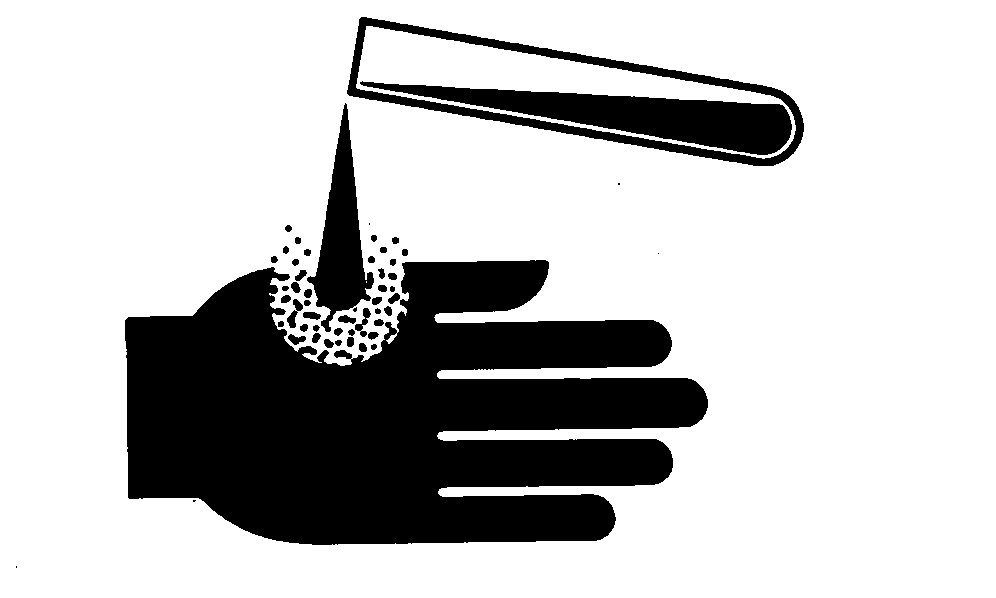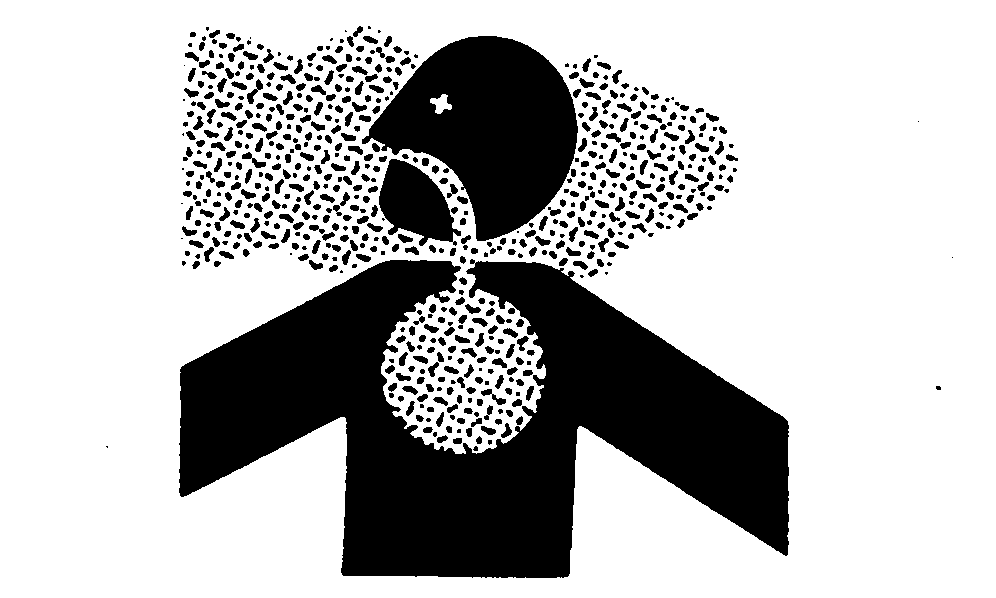Service and Operate Chemical Sprayers SafelyChemicals used in agricultural sprayers can be harmful to your health or the environment if not used carefully. Always follow all label directions for effective, safe, and legal use of agricultural chemicals. Reduce risk of exposure and injury:
|
|
DX,WW,CHEM02 -19-05APR04-1/1 |

